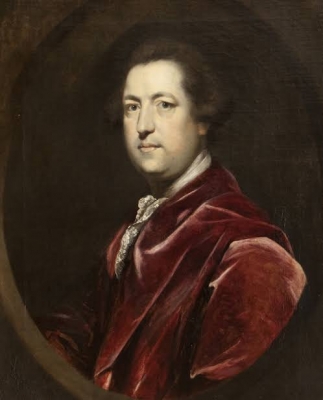
In 1767, the British Parliament passed a series of measures that taxed goods imported into the American colonies. These measures are together known as the Townshend Act. It was named after Charles Townshend, British Chancellor of the Exchequer. He proposed new import duties on paper, glass, paint and tea which gained support in the British Parliament.
The Townshend Act came into effect on November 20, 1767. The Declaratory Act of 1766 was passed a little before this; this Act stated that the British Parliament had the same authority to tax the American colonies as they did in Great Britain. The colonists did not welcome this idea; they saw the Act as an abuse of power.
The British sent troops to America to enforce the unpopular laws as the merchants in every colony except New Hampshire joined in a non-importation agreement. The customs officers in Boston faced troubles as they were prevented from collecting taxes.
The Act caused a huge uproar in the colonies. Britain was pressurized to repeal the Townshend Act. In the early 1770s, the then prime minister Frederick North agreed to drop most of the Townshend duties, except the one on tea. This was in fact an attempt to make it clear that the British Parliament was the supreme power.
Picture Credit : Google



